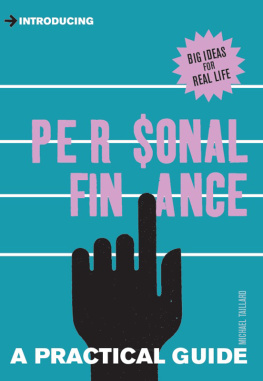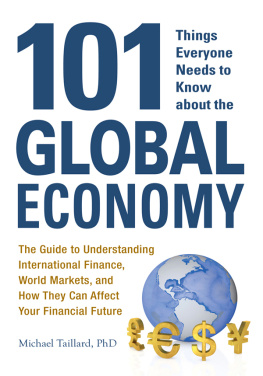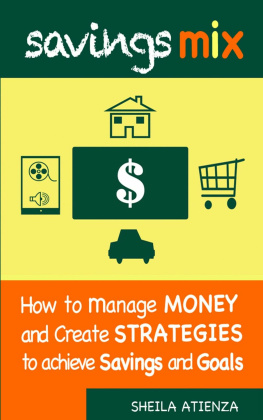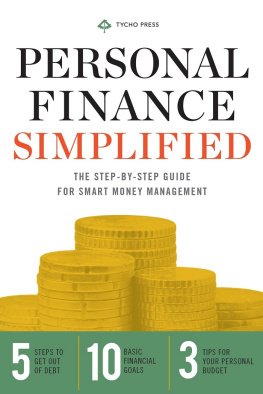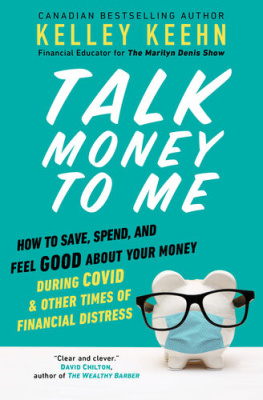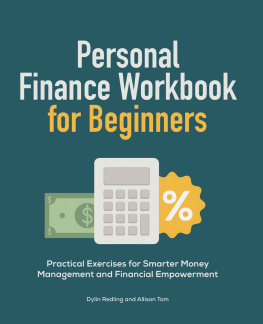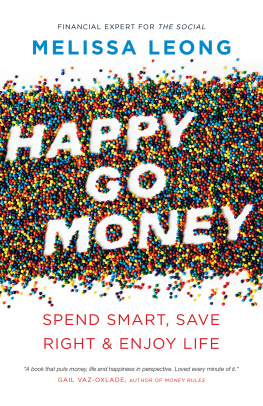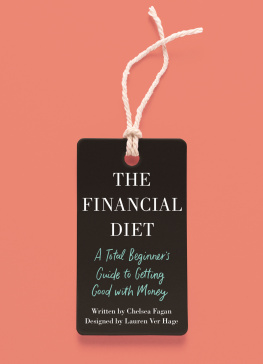
Published in the UK and USA
in 2015 by Icon Books Ltd,
Omnibus Business Centre,
3941 North Road,
London N7 9DP
email:
www.iconbooks.com
Sold in the UK, Europe and Asia
by Faber & Faber Ltd,
Bloomsbury House,
7477 Great Russell Street,
London WC1B 3DA
or their agents
Distributed in South Africa
by Jonathan Ball,
Office B4, The District,
41 Sir Lowry Road,
Woodstock 7925
Distributed in Australia and
New Zealand
by Allen & Unwin Pty Ltd,
PO Box 8500,
83 Alexander Street,
Crows Nest,
NSW 2065
Distributed in Canada
by Publishers Group Canada,
76 Stafford Street, Unit 300
Toronto, Ontario M6J 2S1
Distributed to the trade in the USA
by Consortium Book Sales
and Distribution
The Keg House,
34 Thirteenth Avenue NE,
Suite 101,
Minneapolis, MN 55413-1007
ISBN: 978-184831-723-9
Text copyright 2015 Michael Taillard
The author has asserted his moral rights.
No part of this book may be reproduced in any form, or by any means, without prior permission in writing from the publisher.
Typeset in Avenir by Marie Doherty
Printed and bound in the UK by Clays Ltd, St Ives plc
To those who work yet struggle.
To those who struggle to work.
To those who invent, or write, or dream without financing.
To those investors and entrepreneurs without funding.
You are the unsung heroes of innovation the discontented geniuses too often left without witness.
Find here tools to thrive in a world which prevents you from achieving your potential yet punishes lack of success.
About the author
Michael Taillard is an economic consultant specializing in behavioural research and financial strategy. Besides authoring a variety of books on economics, finance, and strategy, his writings have been featured in major international news outlets. He has taught graduate-level courses at a variety of universities in the US and China, and is currently involved in the MBA programme at Bellevue University in the US. He has assisted major organizations from around the world in their development of strategic resource management, including the US Department of Defense, the American Red Cross, Ocean Audit, Inc. in the Czech Republic and Saving Humanity in Australia.
1. Getting started
There are a number of different philosophies on finance, some stating that money is the root of all evil or that money is a valueless fraud, which has tricked the world into pursuing its own demise. Other, less depressing views on finance see money as a medium of exchange, or as value itself. Most people dont even care what the underlying nature of money is, so long as they continue to have enough of it to pay their expenses, but the nature of money is a representation of human nature, the way we coordinate societies. Unless you understand the nature of money and finance, you cannot possibly hope to effectively manage either. So, before explaining how to manage your finances, we must first explain exactly what you will be managing, as well as how to begin.
What is finance?
Money is debt. Surely its rare that a person will provide their services to customers or employers for free, but if the recipient of those services has nothing you want in return at the moment, then the exchange becomes more difficult. They could offer you a credit for their own goods or services, but there are times where a barter transaction like this simply will not work, either because one person has nothing the other wants or the timing is wrong. Instead, they give you a credit which you can give to anyone else, which will still be honoured regardless of who has it. This trait is called transferability, and its what allows money to be given to others in exchange for their services, and after several intervals of exchange; eventually, it will likely be given back to the person who originally gave it to you, by whomever needs his services. Money, then, is nothing more than a form of measurement, providing a numerical way to record the amount of value in goods or services that are owed and can be transferred freely between people, which is exactly how money gets its value.

Transferability: A characteristic (of a credit) of being able to readily transfer or exchange ownership.
Money: Any store of resource value owed to the owner.
Money, by itself, has almost no value at all. Philosopher of the Scottish Enlightenment, Adam Smith, saw this as the paradox of value, wherein water is crucially useful yet people place so much more value on gold. This seeming paradox is resolved exactly for that reason; however because water is so useful and is used in such huge quantities it is difficult to maintain as a unit of measurement, since it has a tendency to be consumed, expire or otherwise become difficult to transport. Thats not to say that these types of currencies dont exist, since spices, silks and especially salt have all been used to great success as types of hard currencies by merchants, traders and entire civilizations even cigarettes are effective as a currency in prisons but they still hold the same challenges as attempting to use water as a currency. By contrast, gold has almost no intrinsic usefulness, which is exactly why it works well as a way to measure value. The gold itself has little value, but the underlying resources which it represents are those upon which we place value. Since it is rare, light and lasts indefinitely, it is simple to carry small quantities of gold that will be sufficient to partake in even large transactions.
Whether we are talking about gold, silver or copper coins, paper or digital cryptocurrencies, like Bitcoins (or any other transferable unit of value measurement), it is all fiat currency. Fiat currency is any currency whose value is derived from peoples willingness to use it. The simple fact that you are willing to provide services to your employer in exchange for a currency is what gives that currency its value. Whether that money has any functional purpose on its own is irrelevant, so long as you can achieve those functional purposes by giving the currency away to others. Nearly every exchange transfers value in two directions: someone provides goods or services of useful value, and in exchange they are given by someone else a measure of value owed to them which they can then exchange for something else of useful value.
Every single exchange establishes not just the money-value of the goods and services, but also the resource value of the money. When you buy something, you have voted and said that you agree the resources you are receiving have value equal to or greater than whatever you did to earn the money, which is the core of finance.

Fiat currency: Any currency which derives its value from the value of the resource exchanges it represents.
Whereas money is the unit we use to measure a debt of resource value, finance which studies the way in which money is used becomes a study of human behaviour. Finance gives us a profound look into the human mind as we come to understand the value people place on specific types of goods and services, on their own time, on the potential to earn more money or on the amount of risk inherent in every financial decision we make. Each time you buy or sell something, two people have voted to agree that the value of the exchange was comparable, with each party earning more value in the exchange than they would have by keeping the resources or money they already owned. By contrast, by refusing to buy or sell at a given price, you have voted to say that the value is not comparable, though others might disagree even if you do not buy or sell the thing in question at a given price, someone else may be willing to accommodate that price. We can look deep into the priorities and values that an entire society holds by looking at prices, as higher prices indicate that people place greater value on something, while lower prices indicate that people, on average, place lower value on something. All the needs, and desires, and hopes, and dreams, and comforts, and resentments, and jealousies which exist within an entire culture, then, can be understood in terms of price, money, and exchange such is finance.
Next page
